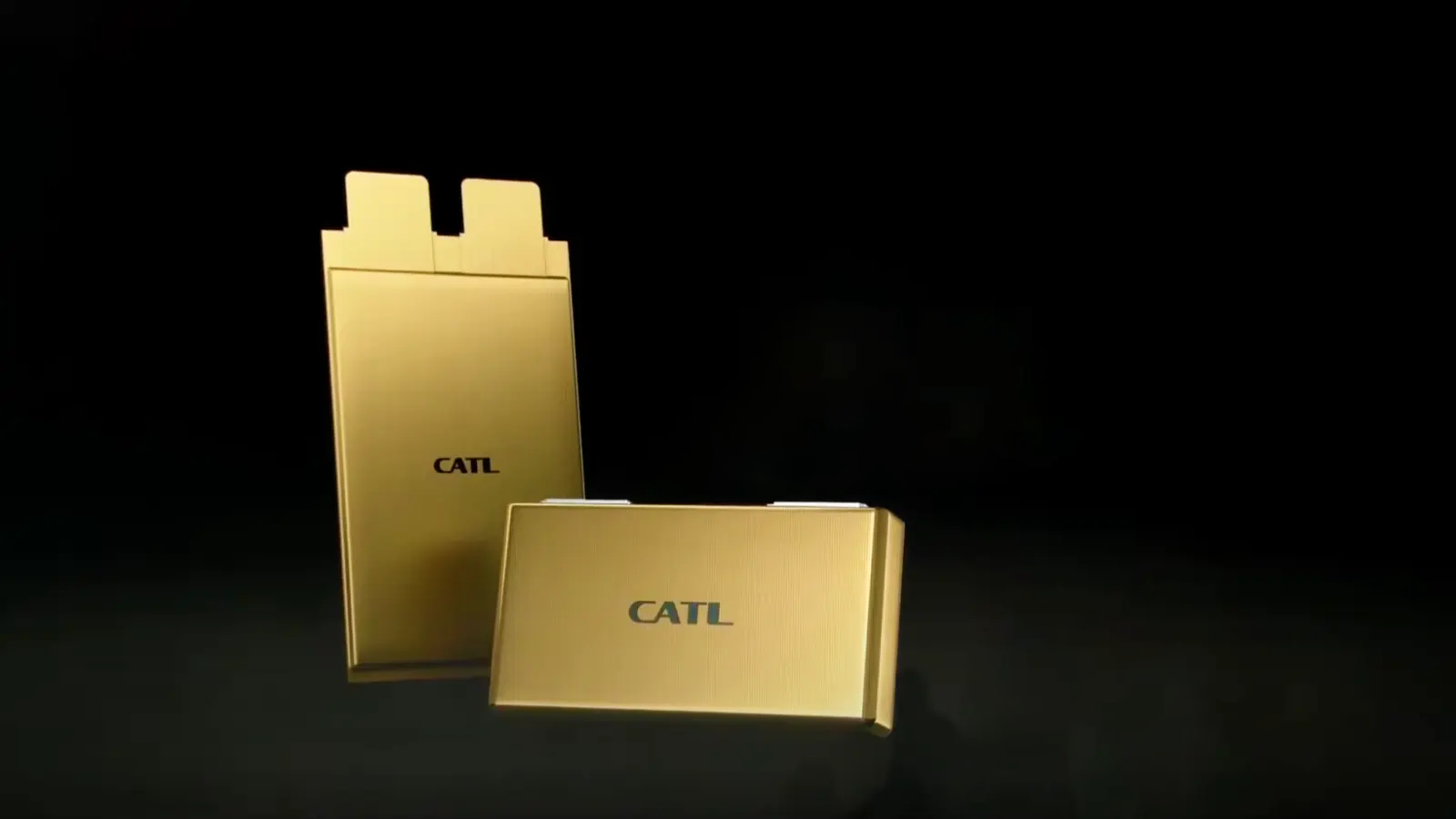CATL: New Electric Vehicle Battery Announced
Given how advanced electric cars already are, it’s sometimes easy to forget that battery and EV drive technology is still in its infancy. The internal combustion engine took a hundred years to reach the levels of reliability, power, and efficiency we’re used to now – and electric drivetrains have similar potential. It’s amazing to watch how quickly they’re developing.
As we’ve written about before, battery technology will improve over time. Improved battery technology will yield the following benefits:
· Enhanced range and performance
· Reduced weight
· Lower costs
The latest announcement from battery supplier CATL (Contemporary Amperex Technology) promises energy density 50 percent better than in Tesla’s most advanced “4680” battery cells. Indeed, their latest proprietary cells are said to be so energy-dense that they will enable the development of electric aircraft.

What is a High-Density Condensed Battery?
CATL’s so-called “condensed battery,” a cutting-edge battery technology, was announced at the Auto Shanghai show in April. With an energy density of up to 500 Wh/kg, the condensed battery tech can achieve significantly higher energy density than anything before, along with a high level of safety. CATL says that it can put the new technology into mass production in a very short period of time, making condensed batteries available to the automotive and aviation industries.
How does it work? Packed with super-high energy density materials, the electrochemical reactions in a condensed battery behave differently than in a conventional lithium-ion cell. CATL's condensed battery uses highly-conductive biomimetic condensed-state electrolytes, creating micron-level self-adaptive structures. These tiny structures can adjust themselves automatically, balancing out different forces among the chemical chains, and improving the performance of the cells. Overall, this means a big bump in the efficiency of lithium-ion transport within the cell, while improving the stability of the cell’s internal structure. Condensed battery technology also integrates a range of innovative technologies, including ultra-high density cathode materials, innovative anode materials, separators, and manufacturing processes.
What does this mean for you? CATL says that a condensed battery will offer users excellent charge and discharge performance, as well as superior safety. Indeed, CATL says the technology is so safe that it might break the limits that have restricted the battery sector, opening up potential in new markets such as electric passenger planes. The company claims that it is developing and testing the new technology in accordance with aviation-grade safety and quality requirements.
Condensed Batteries: What's Next?
Of course, what’s more relevant to us is that condensed batteries are also being developed for automotive use. CATL, which owns roughly a third of the global market for EV batteries and already works with a number of vehicle manufacturers such as BMW, Ford, and many others, has the world's most extensive technology roadmap for batteries, and the ability to turn research into production. Their progress on energy density has been remarkable; as early as 2021, energy density in its lithium-ion cells was 160 Wh/kg – a third of what the condensed battery technology now offers.
While CATL’s research and development is primarily based in China, it has a truly global footprint, including a massive presence in North America. CATL has partnered with Ford on a massive new $3.5-billion battery manufacturing facility called BlueOval Battery Park Michigan, and currently makes batteries for many North American-built EVs.
Condensed batteries should, once in production, help make electric cars more efficient, lighter, and more affordable. More interestingly they may enable electrification to extend from the land to the sea and sky, as well.













